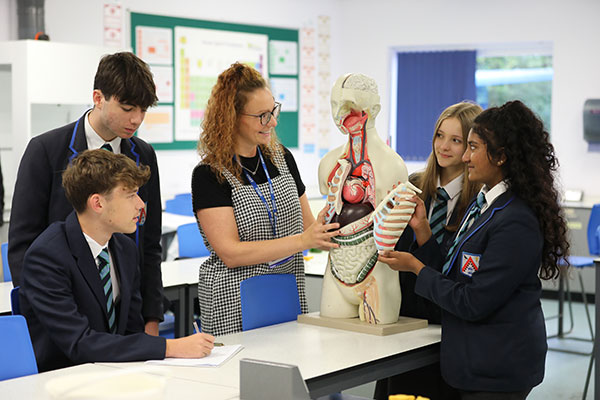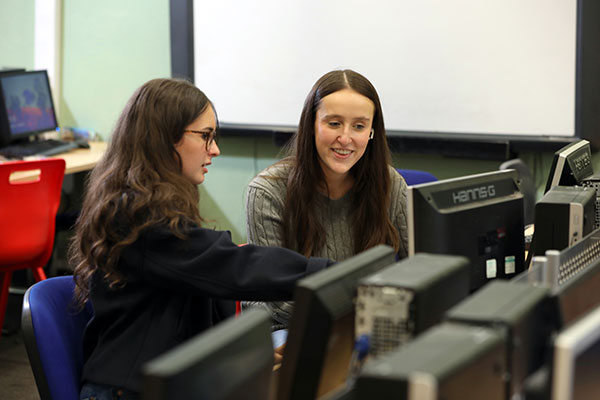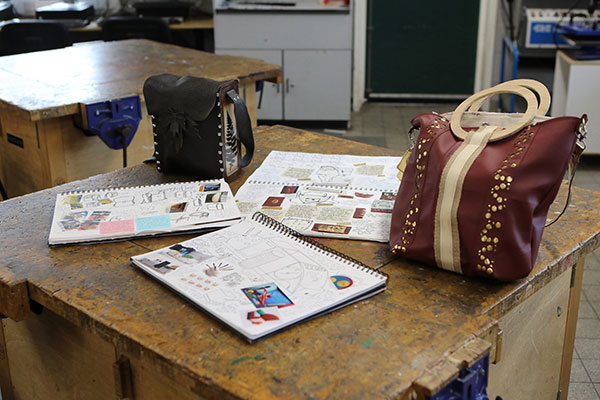
Our Curriculum
Curriculum Aims
Our curriculum aims to help students to:
- 'Realise their Potential'
- Gain self-reliance and self-esteem
- Develop an enquiring mind and be willing learners
- Behave responsibly and courteously towards others
- Respect the views and values of others
- Acquire a range of skills appropriate to the world in which we live, so that they are prepared for the demands of life beyond school
- Participate in a full range of experiences, including 'formal' and 'non-formal', within lessons and as extra opportunities



Student Curriculum Entitlement
- That each pupil is provided with an education which promotes their spiritual, moral, cultural, mental, and physical development and wellbeing.
- That each individual pupil has different needs, and the design, context and implementation of the curriculum must meet these needs, providing for progression to meet the next stage of learning.
- That each pupil should be valued equally and given the same opportunities for progress and development within the educational context irrespective of ability, gender or culture.
- That the curriculum should provide for the personal and social development of all students, both for their transition into adult life and to cope with the influences, expectations and demands of the community and the wider society.
- That each pupil is encouraged from within a happy and secure environment where the emphasis is on rewarding achievement and supporting and guiding progress in learning.
- That the influences of the home and school should be complementary in each pupil’s development.
Curriculum Principles
To provide opportunities which maximise the learning of all pupils, the curriculum should display the following characteristics:
- Coherence The curriculum should have a sense of wholeness provided by the inter-relationship of its components. Wherever possible, this should be emphasised.
- Breadth The curriculum should bring students into contact with a broad range of learning experiences and areas of learning.
- Balance A balanced curriculum should ensure that each learning experience or area is given appropriate attention.
- Relevance The curriculum should be seen as meeting the present and prospective needs of students. A relevant curriculum will sustain interest, enthusiasm and motivation and progressively develop the knowledge, understanding and skills necessary for later life.
- Differentiation The curriculum should allow for differences in abilities and aptitudes. There should be sufficient flexibility in learning to provide for individual strengths and weaknesses, aspirations and interests, backgrounds, and experiences. This requires a detailed knowledge of students, as well as approaches to teaching and learning, tailored to suit the particular aspect of learning.
- Progression and continuity The learning of all students should be a continuous process with smooth transition at all stages. Progression builds systematically upon existing knowledge, concepts, skills, and attitudes and ensures that advances in attainment are made over time.



 01948 830 291
01948 830 291 contact@maelorschool.org.uk
contact@maelorschool.org.uk
